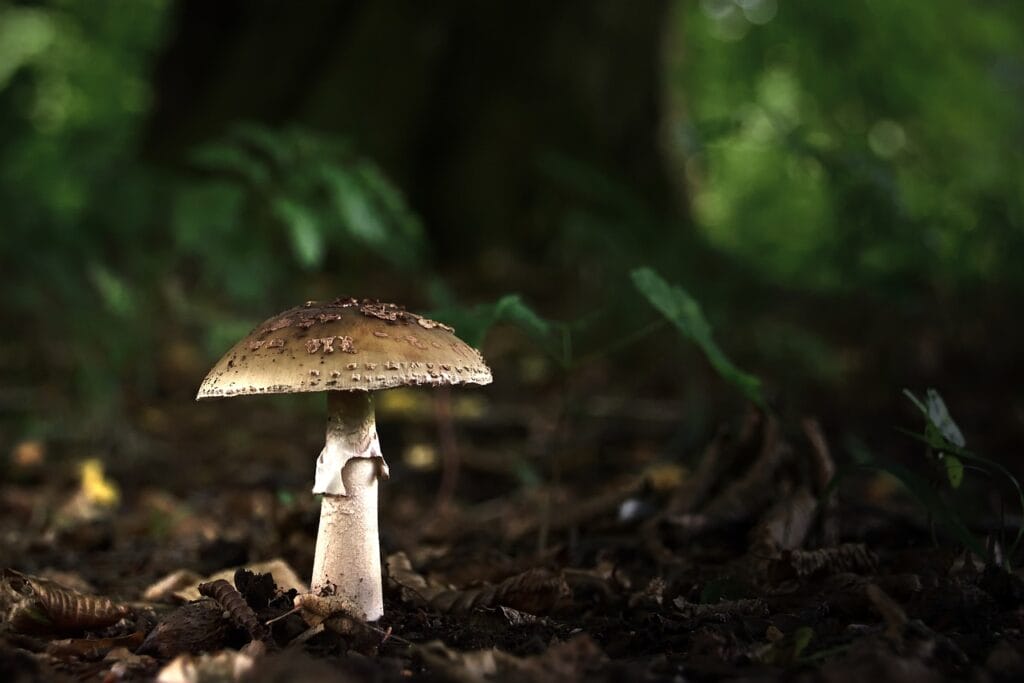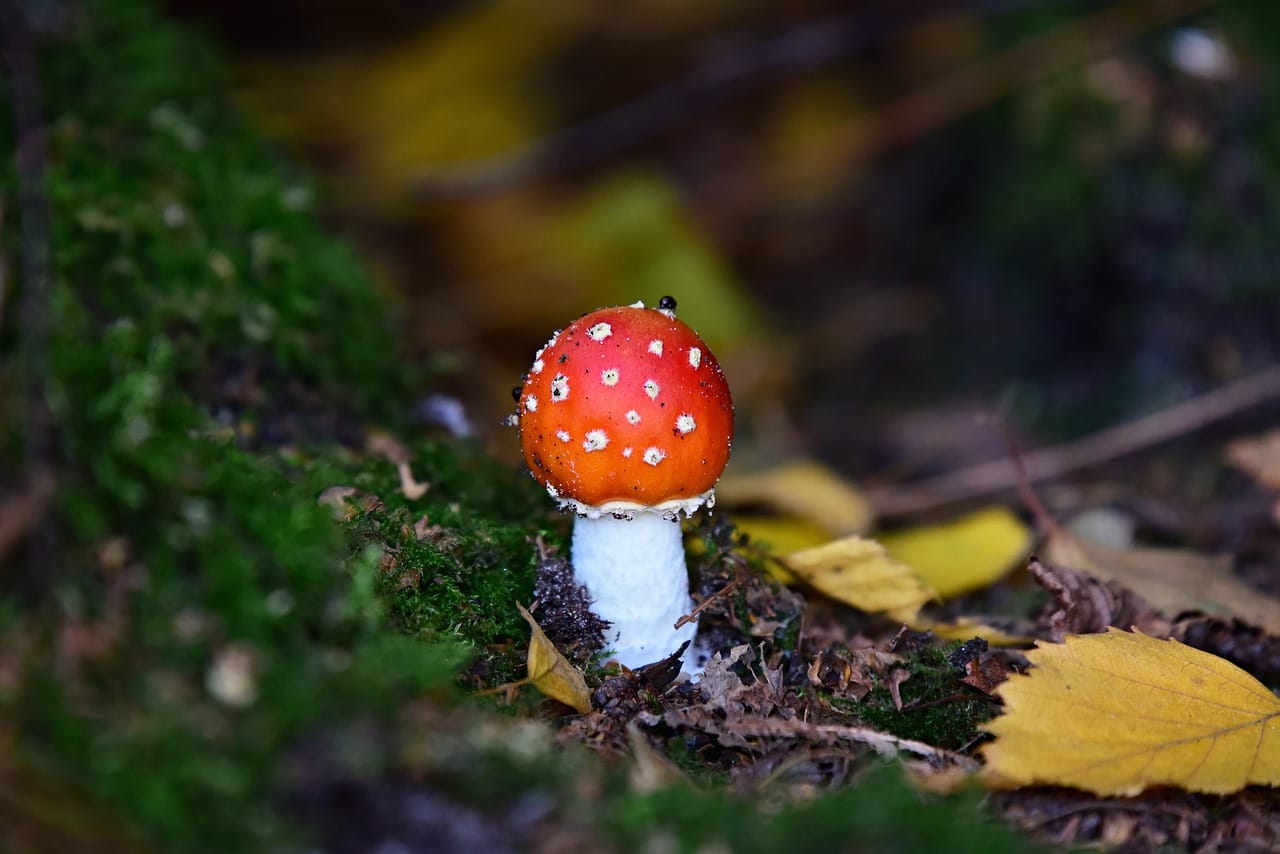Happiness is a unique journey for each person, a complex concoction of feelings such as joy, contentment, and fulfillment, forming a profound state of emotional well-being.
Given the subjective nature of happiness, some individuals venture into non-traditional methods to attain it. For instance, certain individuals acquire LSD online, claiming it significantly boosts their happiness. This piques curiosity, making one wonder: Is it truly effective? Let’s delve into what the specialists have to say.
Key Points to Keep in Mind:
- LSD’s potential to evoke feelings of empathy, unity, and joy may assist in handling depression and anxiety.
- The impact of LSD consumption depends on the user’s psychological state.
- Minimal amounts of LSD can intensify sensations of unity and euphoria.

Firstly, What Exactly is LSD?
LSD (lysergic acid diethylamide), derived from a fungus commonly present on rye, is renowned for its empathogenic effects, allowing users to feel enhanced empathy and interconnectedness. As a psychedelic substance, it changes perception, mood, and cognition, frequently altering one’s sense of time and space and, at high doses, inducing visual hallucinations.
While LSD is often linked with illicit drug use, regulated studies recognize its potential therapeutic advantages in mitigating fear and anxiety, given it is used in a secure environment and at accurate doses.
The Impact of LSD on Happiness: What Studies Indicate
A recent investigation carried out by psychologists at Yale highlights the mental benefits of psychedelic drugs. The results indicate that users of these substances may experience enhanced moods and a greater sense of bonding with others.
Through field research involving over 1,200 participants at music festivals across the United States and the United Kingdom, the researchers examined how psychedelics can promote positive emotions and foster social bonds.
In a dialogue with Yale News, the senior author of the study, Molly Crockett, who is also an assistant professor of psychology, shared her expert perspectives. The study indicates a substantial connection between psychedelic usage and the emergence of uplifting emotional experiences. It demonstrated a significant correlation, suggesting that the use of psychedelics leads to a blending of one’s self-perception with their external environment, culminating in an experience of boundless unity or a feeling of interconnectedness with the cosmos.
A study carried out by The Human Behavioral Pharmacology Lab incorporated 20 healthy young adults in a controlled environment. The results suggested that LSD induced minor subjective effects, the severity of which was dosage-dependent.
The participants reported amplified feelings of unity and happiness when given doses of 13 μg and 26 μg, as compared to the placebo, without any perceptual disturbances typically linked with higher doses. No noticeable effects on cognitive and motor functions were recorded, indicating that these specific doses might be safe for intake without hindering daily activities.
In a distinct study published in the Neuropsychopharmacology journal, the researchers examined the LSD plasma using liquid-chromatography tandem mass spectrometry (or, alternatively, gas chromatography can be used for LSD detection) and correlated the results with their assessments on mood, social value, and empathy.
| Empathy | Post hoc tests revealed a distinct difference: a 200 μg dose of LSD markedly influenced both explicit and implicit empathy scores, whereas a 100 μg dose did not have a similar effect. |
| Social Value | LSD’s impact on the Social Value Orientation angle suggests that it appears to enhance prosocial behavior. Plasma Concentration for SVO test:100 μg dose averaged at 0.7±0.3 ng/ml after 6 hours200 μg dose averaged at 1.3±0.6 ng/ml after 8 hours |
| Mood | LSD elevated maximal VAS rating scores, specifically in areas linked to empathy and prosocial behavior. These effects were more noticeable at higher doses than at lower ones. Both doses similarly elevated the levels of happiness. |
Side Effects
Based on an array of studies, LSD appears to have a relatively low-risk profile, especially when juxtaposed with other commonly used psychoactive substances. Individuals who experiment with psychedelics may encounter initial physical discomforts such as tension, nausea, sweating, or dizziness. The primary effects of psychedelic substances, either positive or The negative effects, for the most part, are psychological.
In the study, the majority of participants did not experience any alterations in perception or any psychotic effects.
Concluding Remarks
LSD’s ability to enhance user experiences, promote positive emotions, empathy, and social connections is noteworthy, particularly for those dealing with mental health issues. Its notable safety profile offers patients an opportunity to explore its effects without the fear of addiction or overdose, thereby opening up new therapeutic possibilities in mental health care.
Explore your consciousness with top-quality psychedelics online Canada, delivered securely and discreetly. For more information, contact shrooms online in Canada today!
Frequently Asked Questions
What does LSD look like?
Initially, LSD appears as a white crystalline powder after synthesis, but it is rarely distributed or used in this form. Most commonly, LSD is found in the form of tabs, edibles, sugar cubes, or tinctures.
How many LSD tabs are in a sheet?
The number of tabs is not set or universally measured; it depends on your chosen brand. For instance, the PRISM – LSD Tabs – 100μg, offers options of 5, 10, or 20 tabs.
Are flavored LSD products available online?
Yes, you can find a variety of flavored LSD products online, such as edibles, mint tabs, and more. It’s worth noting that LSD tabs, tinctures, or capsules typically do not have distinct flavors. The taste of liquid forms and tabs is often minimal, usually limited to the paper and ink of the tab or possibly the ethanol if used as a solvent in liquid LSD.
If you encounter an LSD product with a noticeably bitter, metallic, or chemical taste that numbs your mouth, it might indicate that the product is not LSD but another synthetic research chemical posing as one. If this happens, contact your dispensary immediately.
What does ‘macrodose LSD’ imply on a product?
A product labeled as a macrodose or falling under this category means that the product contains significant amounts of LSD, enough to induce hallucinations and perception changes. These doses are typically above 25mcg.
Is there a similarity between LSD and mushrooms?
While mushrooms and LSD might seem similar due to their potential for inducing comparable effects, they actually provide distinctly different psychedelic experiences. These substances, which can alter one’s perception, appeal to a range of user preferences and inclinations. Typically, users find that mushrooms initiate a profound, all-encompassing journey, whereas LSD predominantly encourages a mental exploration.





